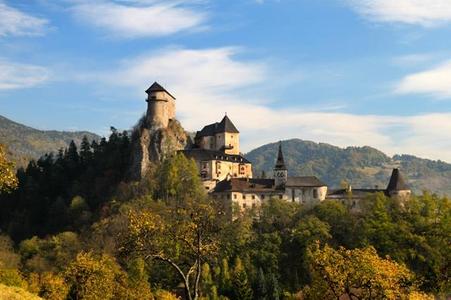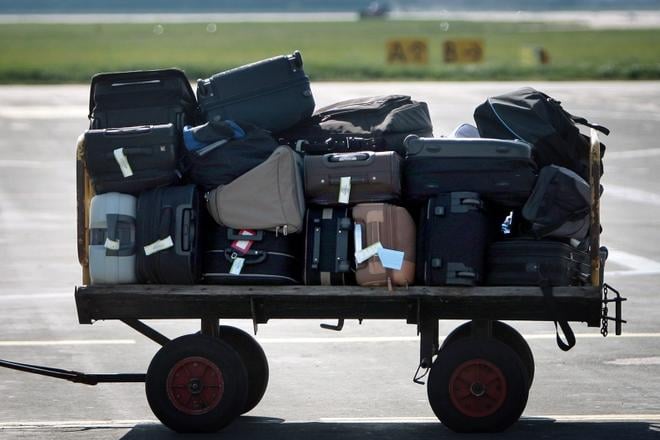(answers related to residency permit you can find in this article)
Q: Is Slovakia safe? What are the safest and the most dangerous places for living in Bratislava?
A: Slovakia ranked 27th out of 163 countries in the 2024 Global Peace Index, and 18th out of the 36 countries in Europe. The crime, violence and vandalism rate, based on data from Eurostat is one of the lowest in Europe, at the same level as among Nordic countries. As in other bigger cities in Europe, also Bratislava has its small areas with poorer reputations Stavbárska street, called Pentagon by locals, in Podunajské Biskupice borough and Kopčianska street in Petržalka district.
The most dangerous places in Slovakia are Bratislava II district, košice, and Trnava, as well as Hlohovec and Piešťany, according to crime maps published by the police in late October 2016.
More information about the Slovak business environment
Please see our Investment Advisory Guide.
This year’s edition was published also thanks to cooperation with the Investment Support Association (ISA). The general partner of the guide was the law firm Noerr.
Q: What is the average wage in Slovakia?
A: €1,430 (according to the 2023 figures).
Q: Where can my children study?
A: Several international schools are active in Slovakia and more universities have several programmes in English (www.bis.sk, www.qsi.org, www.galileoschool.sk, www.cambridgeschool.eu, www.nordangliaeducation.com/bisb-bratislava, www.wonderland.sk). There is also a boarding school (www.leafacademy.eu).) See the article: Finding a new home in Slovakia.
Q: What should I know about health care in Slovakia?
A: Health care in public hospitals is paid for via public health insurance. Every employed foreigner in Slovakia is entitled for public health insurance, however, he/she needs to register with one of three health insurers who offer more information for foreigners in English on their web pages: www.vszp.sk, www.dovera.sk, www.union.sk. The last one provides special health insurance also for those foreigners who are not entitled to public health insurance. Many public hospitals are before reconstruction, English is still not common and it is why foreigners prefer to use private clinics where most of the services are not free of charge.
Q: How much does a four-member family need for a decent living in Slovakia?
A: It depends also on a part of Slovakia where family lives. In Bratislava, four-member family paid approximately €1,659 per month. This sum includes rent, food, energies, commute, clothing, education, healthcare, communication, culture and relax and 5 percent reserve. In Banská Bystrica, for example, this sum can be lower by €100.
Q: Where can I learn Slovak and how long does it take?
A: Slovak is a bit easier for foreigners coming from the Slavic group of languages as some words may be similar. Slovake.eu is a multilingual free-of-charge website where foreigners can learn Slovak.
Q: Where can I find job offers?
A: There are several job portals with offers in Slovakia. The biggest is Profesia.sk.
Q: What should I do to make calls in Slovakia?
A: There are four mobile operators in Slovakia: Slovak Telekom, Orange, O2 and Swan (4ka). Each of them has many branches around the country. To obtain a new number with rechargeable credit foreigners need their passport or ID (applicable only for EU resident).
Q: What conditions should I meet to get a bank account?
A: A person willing to get an account should be older than 18 years (in case of student accounts the age limit is reduced to 15). Banks like VÚB, Tatra banka or ČSOB offer the easiest way to open an account: foreigners need only their passport or ID (the latter is applicable only for EU residents). Legal entities need to have an extract from the business register and an ID (in case of companies), or the trade licence, concession license/application to assign company ID and ID (in case of self-employed), plus a minimum deposit.
Q: When can I obtain Slovak citizenship?
A: Foreigners can obtain Slovak citizenship by adoption (applies to children) or granting. The latter means that the applicant has to meet several conditions, including having permanent residency in the country for eight years (check www.minv.sk for more details).
The questions were collected from the survey carried out among the relocation companies Pro Relocation, Slovakia Invest, and AGS Bratislava International Movers.




 (source: Sme)
(source: Sme)